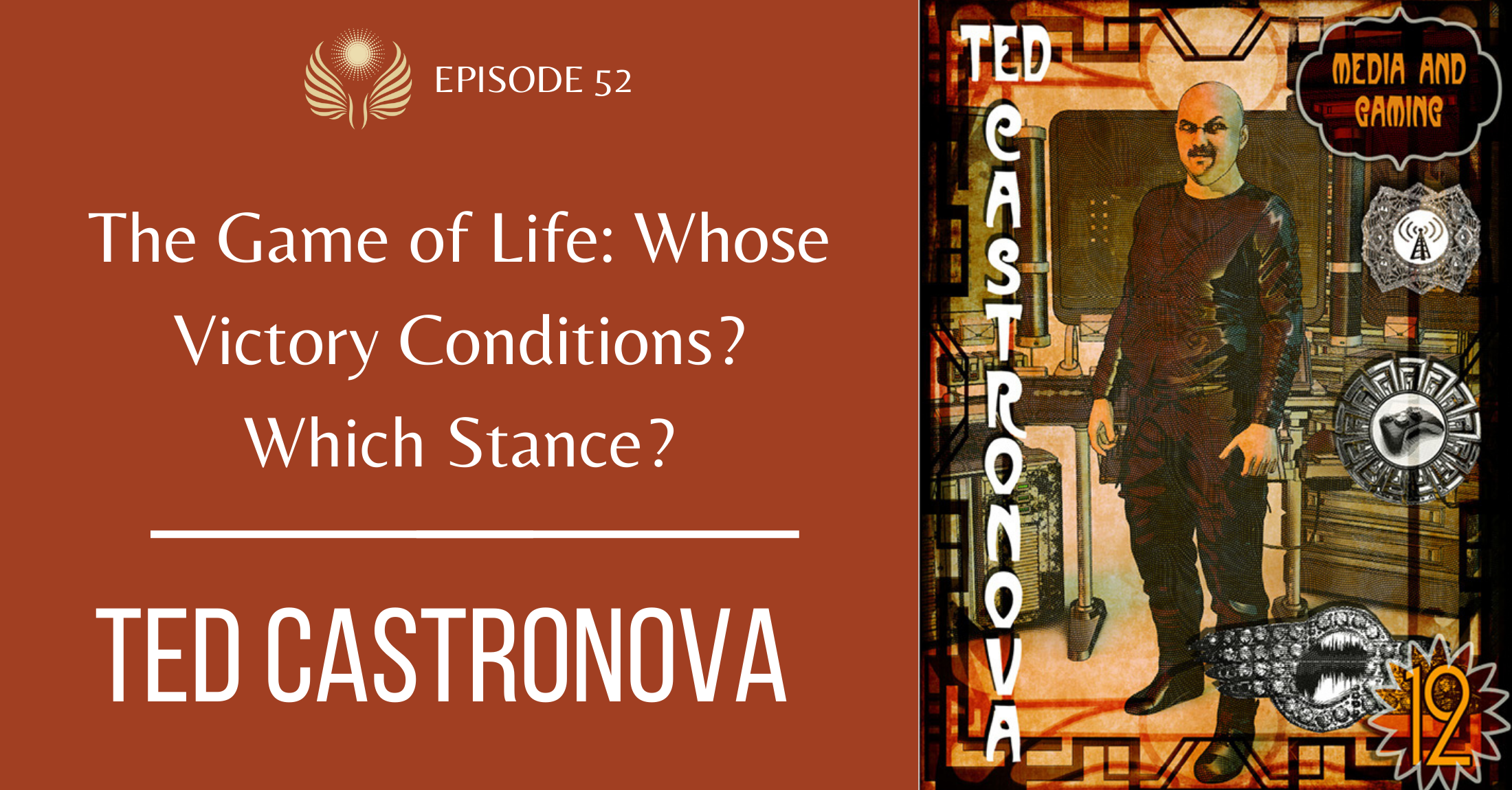On this episode of the podcast, Grant interviews Ted Castronova, Professor of Media at Indiana University and author Life is a Game: What Game Design Says about the Human Condition.
Mathematical game theory defines a game as anything that has players making strategic choices to achieve an outcome that matters to them. From this, Ted argues that life itself is a game, and as Christians we can view God as a game designer who has given us free will to make choices within His design.
But if life is a game that we are playing, why do so many people find themselves frustrated and bored by it? And why is the allure of virtual worlds—from the hype around the Metaverse, to the vibrant culture around online gaming—so strong? Many futuristic movies and novels (such as The Matrix, Ready Player One, and Snow Crash) portray virtual reality as having a fundamental role in a dystopian world, often as a distraction from a real world that is somehow broken. Is virtual reality attractive because we’ve forgotten how to “play” the game of life? Or can the games of the real and virtual worlds coexist in a balanced way? Which game are we all really playing, and how do we actually win it? What can games—whether tabletop or VR—teach us about living?




